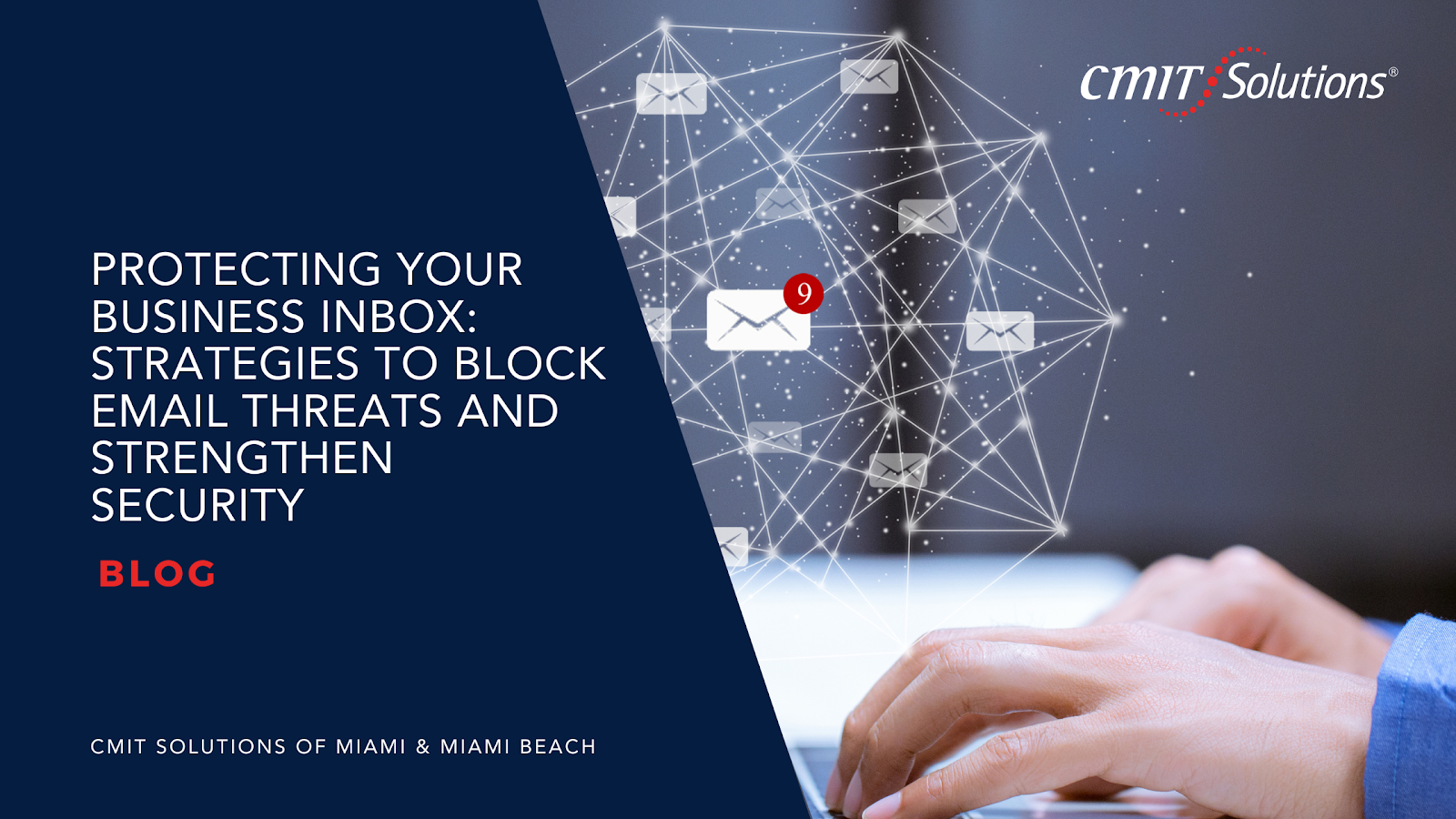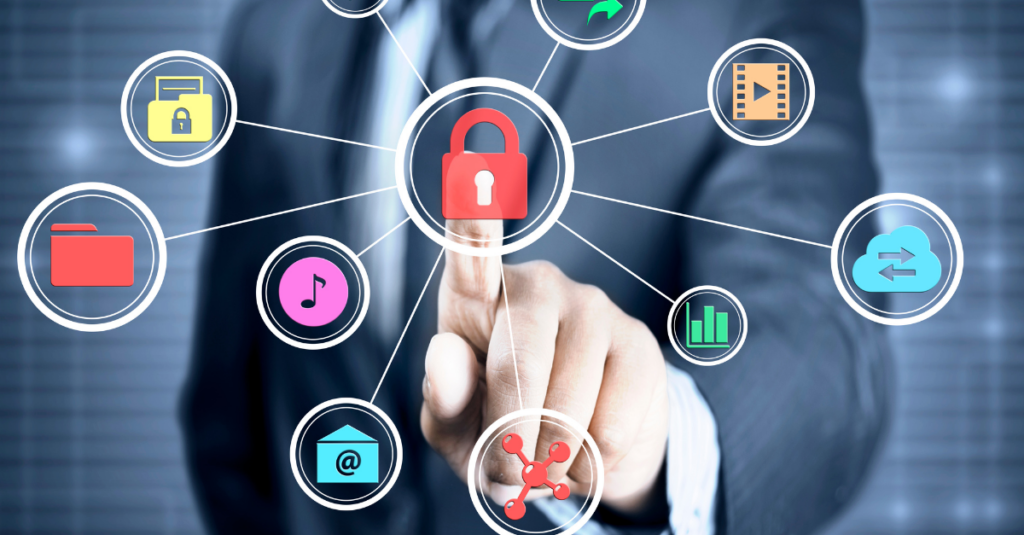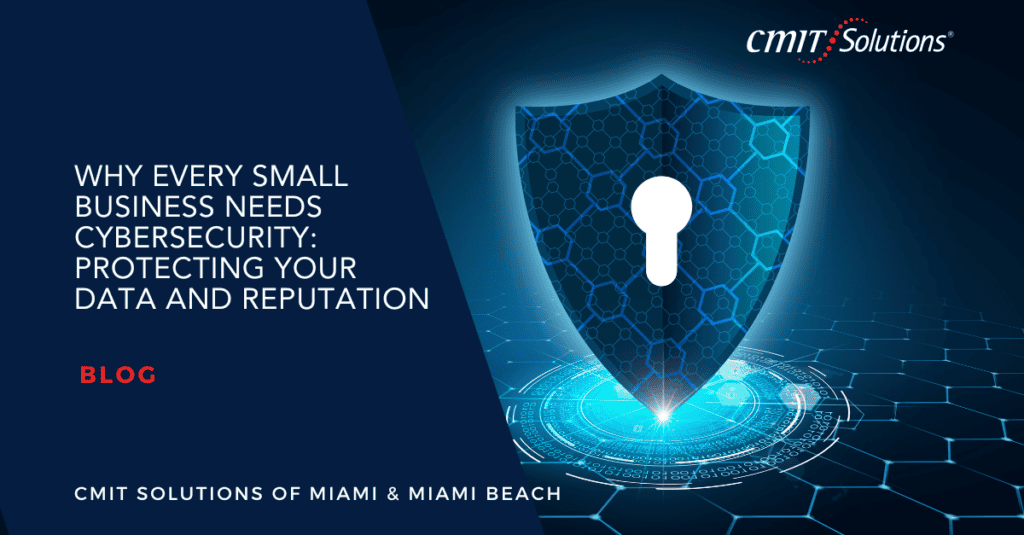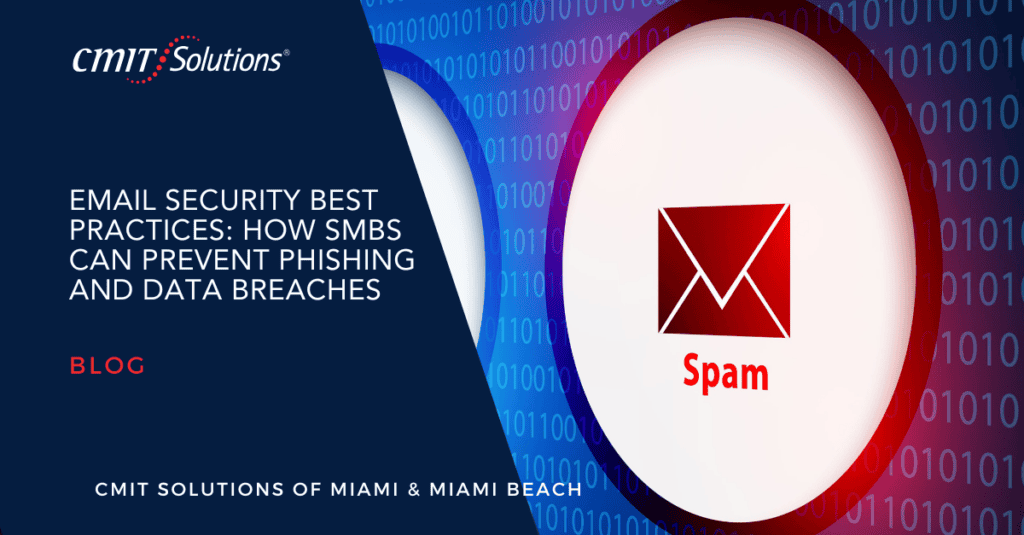Email remains one of the most common entry points for cyber threats, with phishing attacks, malware, and business email compromise (BEC) scams becoming increasingly sophisticated. Without robust security measures, businesses risk data breaches, financial losses, and reputational damage.
To safeguard your organization, implementing advanced cybersecurity Miami & Miami Beach strategies for email protection is essential. From AI-driven threat detection to employee awareness training, this guide explores effective ways to strengthen your email security framework and prevent malicious attacks.
The Growing Threat of Email-Based Cyber Attacks
Cybercriminals exploit email vulnerabilities to deceive employees, steal sensitive information, and distribute ransomware. Common threats include:
- Phishing Attacks: Fraudulent emails designed to trick recipients into clicking malicious links or revealing credentials.
- Spoofing & Impersonation: Attackers pose as trusted contacts to manipulate employees into authorizing transactions or sharing confidential data.
- Malware & Ransomware: Malicious attachments or links that infect systems, leading to data breaches or ransom demands.
- Business Email Compromise (BEC): Cybercriminals infiltrate or impersonate corporate emails to authorize fraudulent wire transfers or gain access to internal systems.
A robust IT compliance Miami & Miami Beach strategy ensures that businesses meet security regulations while mitigating these threats.
Key Strategies to Secure Your Business Inbox
1. Implement Advanced Email Filtering and Threat Detection
Sophisticated email filtering tools use AI to detect and block suspicious messages before they reach users. AI-driven solutions analyze email patterns, flagging phishing attempts and malware threats in real-time.
Businesses can enhance security by integrating email protection tools within their network management Miami & Miami Beach infrastructure, ensuring proactive monitoring and threat mitigation.
2. Enforce Multi-Factor Authentication (MFA)
Enabling MFA adds an extra layer of security to business email accounts. Even if credentials are compromised, attackers cannot access accounts without the second verification step, reducing the risk of unauthorized access.
MFA is a critical component of a strong managed IT services Miami & Miami Beach strategy, providing an additional safeguard against account breaches.
3. Train Employees on Email Security Best Practices
Human error is one of the biggest cybersecurity risks. Regular training sessions should educate employees on:
- Identifying phishing attempts and suspicious links.
- Verifying email senders before opening attachments.
- Reporting suspected scams to IT teams.
Proactive employee training supports an organization’s overall cybersecurity solutions Miami & Miami Beach approach, reducing the chances of a successful attack.
4. Use Email Encryption for Sensitive Communications
Encrypting email messages ensures that only intended recipients can read confidential information. Encryption protects sensitive business data from interception by cybercriminals or unauthorized parties.
For businesses handling sensitive client data, integrating encryption within IT compliance Miami & Miami Beach requirements helps meet regulatory standards.
5. Regularly Update and Patch Email Systems
Cybercriminals often exploit outdated email software vulnerabilities to launch attacks. Businesses should:
- Regularly update email security tools.
- Apply security patches for email platforms.
- Use AI-driven threat detection tools to identify vulnerabilities.
Maintaining up-to-date email systems is a crucial aspect of IT support Miami & Miami Beach to prevent unauthorized access.
6. Implement AI-Based Threat Intelligence
AI-powered cybersecurity tools analyze email behavior and detect unusual activities that may indicate a cyberattack. These tools:
- Identify patterns in phishing scams.
- Block spoofed emails attempting to impersonate executives.
- Prevent ransomware attachments from being downloaded.
For organizations relying on cloud services Miami & Miami Beach, integrating AI-driven threat intelligence ensures secure email communication.
7. Conduct Routine Security Audits and Penetration Testing
Regularly assessing email security helps businesses identify vulnerabilities before cybercriminals exploit them. Security audits should include:
- Testing email filtering and anti-phishing measures.
- Reviewing access controls for email accounts.
- Analyzing past security incidents to improve defenses.
By working with a Miami & Miami Beach IT consulting firm, businesses can conduct detailed security assessments and implement proactive email protection measures.
Why Business Email Security Matters
Failing to implement strong email security measures can result in:
Financial losses from phishing scams and fraudulent transactions.
Compromised customer and employee data leading to legal repercussions.
Operational disruptions from ransomware attacks.
Reputational damage affecting client trust and brand credibility.
By strengthening email security through managed IT services Miami & Miami Beach, businesses can protect sensitive information, maintain compliance, and prevent costly cyber incidents.
Conclusion: Strengthening Email Security for Long-Term Protection
Cybercriminals are constantly evolving their attack methods, making email security a top priority for businesses. Implementing cybersecurity Miami & Miami Beach strategies such as advanced filtering, MFA, encryption, and AI-driven threat intelligence can significantly reduce the risk of email-based attacks.
For businesses seeking comprehensive email security solutions, partnering with Miami & Miami Beach IT consulting experts ensures a proactive approach to cyber defense.
Protect your business inbox today—contact CMIT Solutions of Miami & Miami Beach to implement the best email security strategies tailored to your organization.






